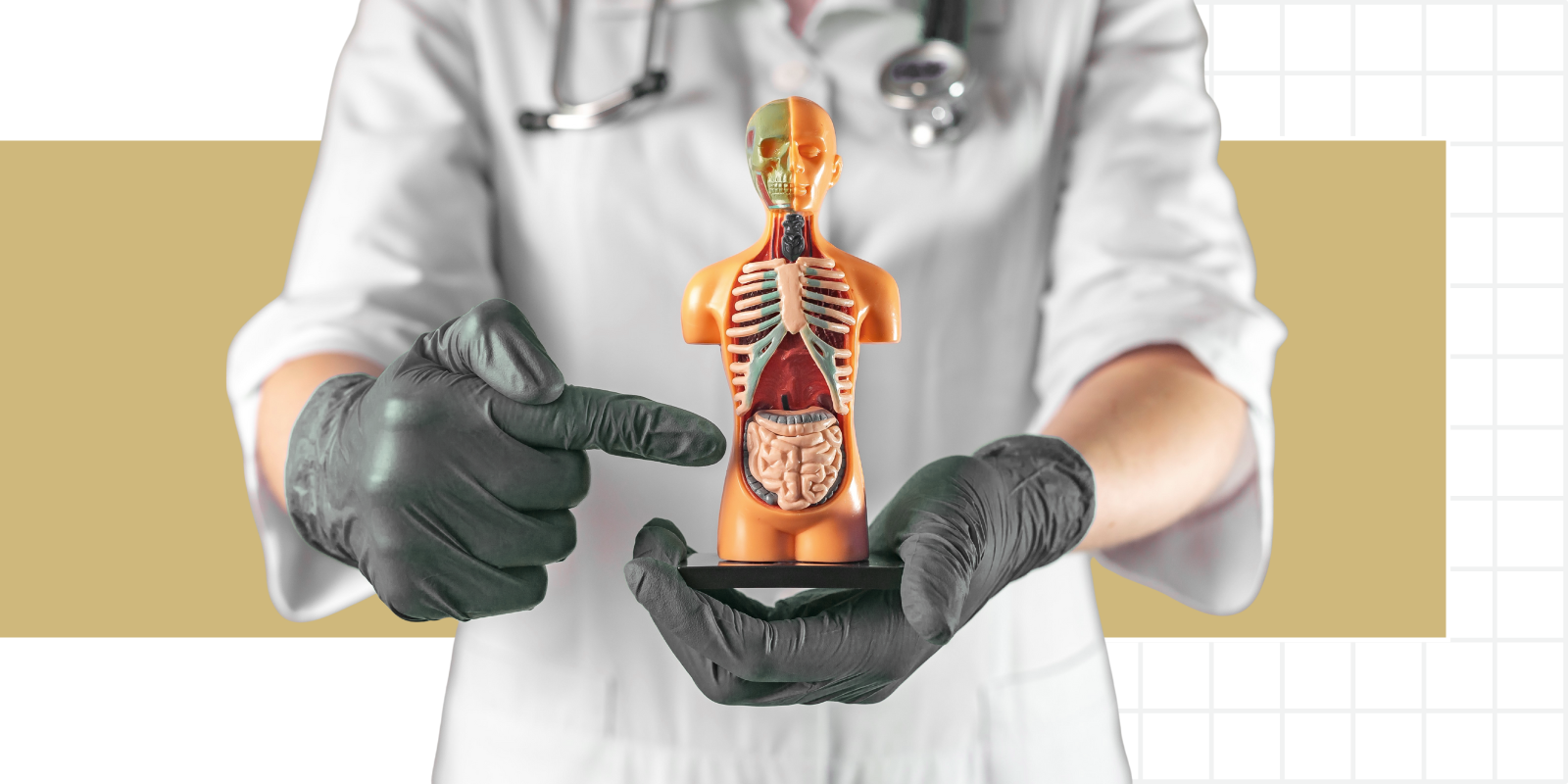The best screening test for colorectal cancer is the screening that gets done, because it decreases a person’s chances of getting colorectal cancer and significantly reduces their risk of dying from colorectal cancer.
This is the message that University of Colorado Cancer Center clinicians are emphasizing after national media coverage of a study published Sunday in the New England Journal of Medicine offered potentially confusing perspectives on whether colonoscopy screening is effective for preventing cancer.
“One in 20 people who don’t get screened will get colorectal cancer,” says CU Cancer Center member Swati Patel, MD, an associate professor of gastroenterology in the CU School of Medicine. “Screening is safe and it’s one of our best tools for preventing colorectal cancer.”
Media coverage of the study, which was conducted in Poland, Norway, and Sweden between 2009 and 2014, has resulted in some potentially confusing headlines that question whether colonoscopy, the most common preventive screening tool for colorectal cancer, is effective.
However, colonoscopy can detect adenomas, which are a type of polyp in the colon or rectum that can turn into cancer. Removing these polyps can prevent cancer altogether. Recently published research shows that for every 1% increase in adenoma detection rate during screening, there is a 3% decrease in colorectal cancer incidence and a 5% decrease in colorectal cancer mortality.
“Every country approaches public health and cancer prevention differently,” Patel explains. “Many countries in Europe take a population-based approach to cancer screening, so a study to see if a one-time invitation in the mail to get a colonoscopy works might make more sense. In the U.S., however, cancer screening is an important discussion between patients and their medical providers. There are a menu of screening options available, and here in the U.S., we make a shared and personalized decision with our patients about which one is the best test for them. Thus, results of a study where the general population was sent a random mailer don't really apply to how we deliver care here in the U.S.”
Patel emphasizes that the European study did show that colonoscopy works. “Even though only 42% of those who received the mailed invitation ended up completing a colonoscopy, of those who did, there was a 31% reduction in their colorectal cancer risk and a 50% reduction in their risk of dying from colorectal cancer, compared with those who didn’t receive an invitation.”
The newly published research also brings attention to several important questions people might have about colorectal cancer screening, and colonoscopies in particular, which Patel addressed.





